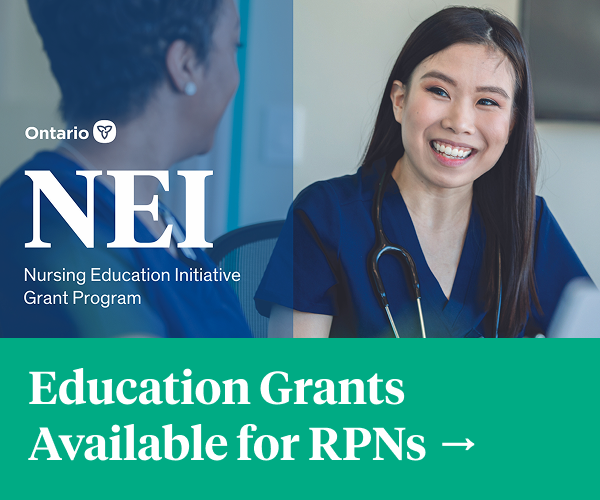Representing the Canadian nursing experience at a nursing conference in New Zealand
With each passing year, the nursing profession continues to become more globally focused, with an increased emphasis on the sharing of learnings from other countries as part of an effort for all of us to provide the best care possible. This increased emphasis on the global sharing of knowledge is one of the main reasons WeRPN embarked on our recent Global Project for Practical Nurses – to provide us with an oppor-tunity to engage in an environmental scan of nursing roles around the world and to advance the global discussion on role clarity in nursing.
We continue to be pleasantly surprised by the positive reaction and response by health care organizations around the world to our work. Most recently, RP-NAO’s CEO Dianne Martin was invited to attend and present at an annual conference hosted by the New Zealand Nurses Organization in Christchurch, New Zealand. In all, Martin presented on three separate occasions at the con-ference, providing the audience with an update of WeRPN’s global project, discussing the association’s ongoing work in the area of role clarity and also taking part in a panel focused on the future of nursing.
“The conference itself was a very interesting mix of clinical education and leadership education and I learned a great deal,” said Martin. “In terms of the work we’re doing in Ontario, New Zealand’s Practical Nurses (they’re called ‘Enrolled Nurses’) were most interested in our role clarity work, especially the idea of returning to knowledge as the deciding factor about nurse assignment, rather than the ‘task list’ approach.”
The fact that a nursing association from Ontario was invited to participate and present at a national nursing con-ference all the way around the world reinforces the extent to which role clar-ity issues and challenges are universal in the world of nursing. “Role clarity is an issue in virtually every country we visited, as was a lack of understanding of the varying roles among the nurses themselves,” said Martin. “And while we learned about every country, we also made a point of sharing informa-tion about Ontario with each country.”
New Zealand has just over 4,000 En-rolled Nurses in the entire country. The average age of these nurses is trending older and the country is experiencing challenges bringing in new Enrolled Nurses. The reason the average age is older is that for several years, New Zea-land did not educate Enrolled Nurses, as they were planning to do away with the role. However, the role was reinstated because it was decided that the nursing profession lacked flexibility and sustain-ability without them. As a result of that gap in educating nurses, it will be years before the country is able to develop a strong Enrolled Nursing workforce once again, even though the population desperately needs the skills those nurses can provide. “This should serve as an important lesson for us here in Can-ada,” said Martin. “Especially at a time when there are other nursing groups in Ontario who continue to suggest that the RPN role be diminished.”
On a personal note, Martin says the two things that struck her most about
Callout: The fact that a nursing association from Ontario was invited to . . . a nation-al nursing conference all the way around the world reinforces the extent to which role clarity issues and challenges are univer-sal in the world of nursing.
New Zealand were how incredibly car-ing and friendly the people are and how deeply they value their indigenous people, the Maori, who are celebrated at each event.
“We have a lot to learn from others and they from us,” Martin said. “It will be important to continue to share with them and we hope to see some of these wonderful nurses at our own confer-ence later this fall.”

